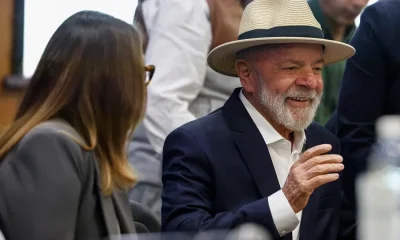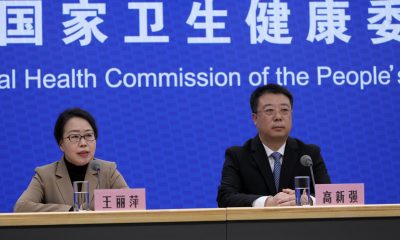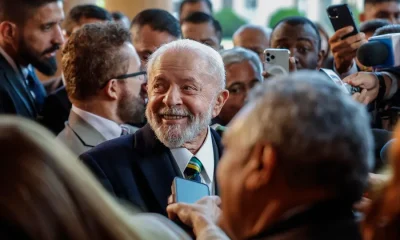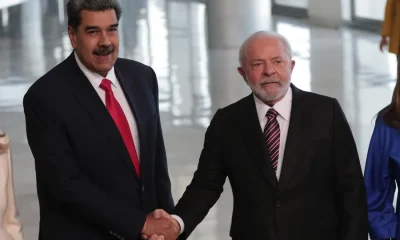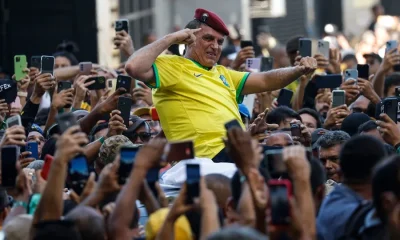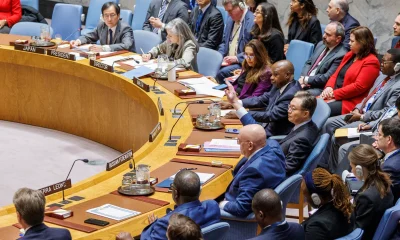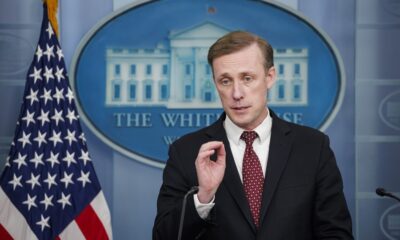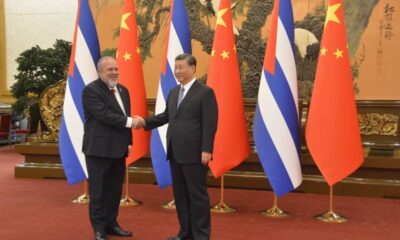International
Lula visits Shanghai on first stop of China trip
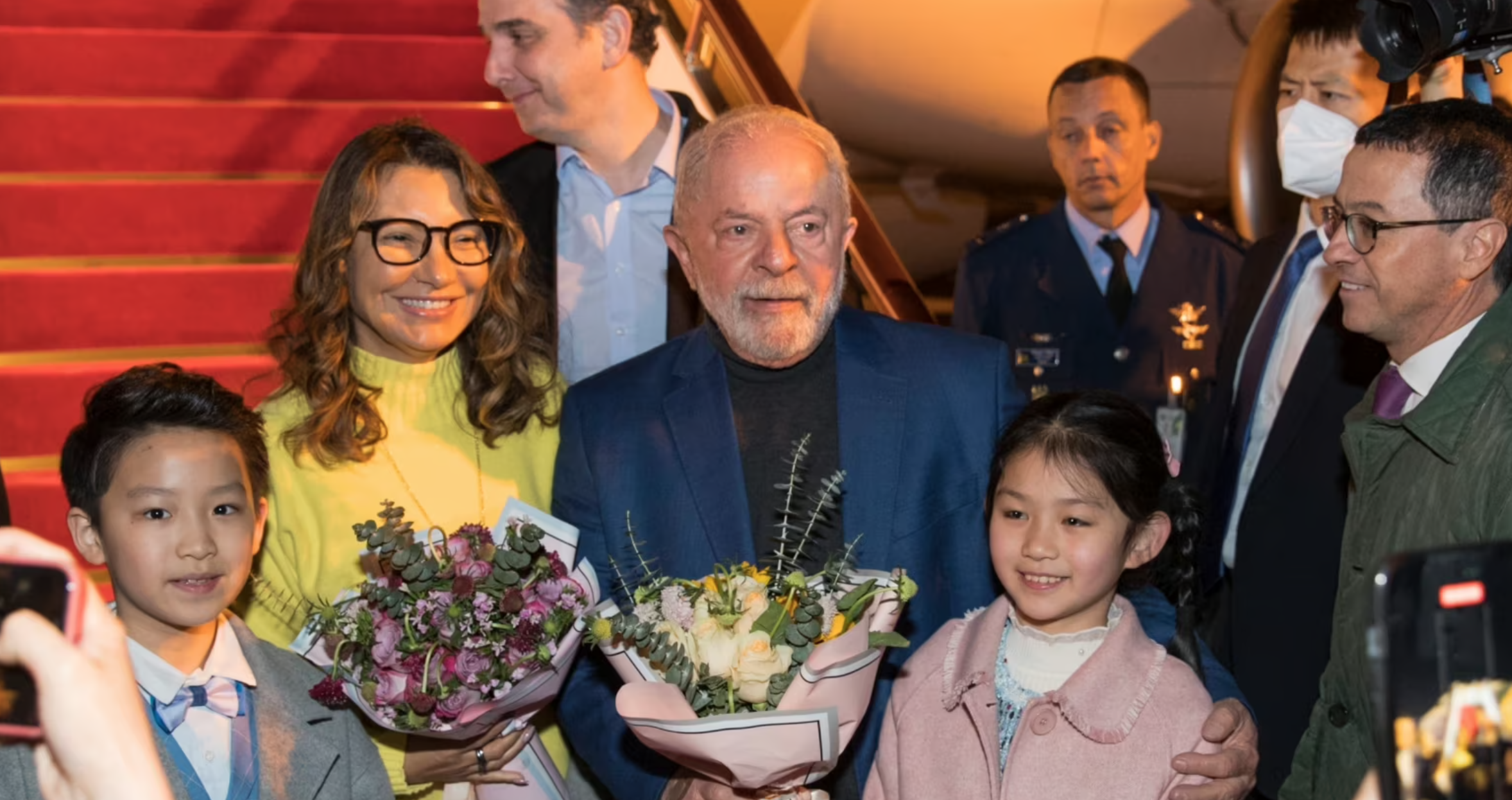
April 13 |
Brazilian President Luiz Inácio Lula da Silva was visiting the financial hub of Shanghai, China, on Thursday, on a trip to strengthen ties with the South American giant’s largest trading partner and rally political support for his efforts to mediate the conflict in Ukraine.
Lula arrived in China on Wednesday night and is scheduled to meet his Chinese counterpart, Xi Jinping, in Beijing on Friday before concluding his visit on Saturday.
The Brazilian government said the two sides were expected to sign at least 20 bilateral agreements during Lula’s trip, a reflection of improving relations after a bumpy period under his predecessor, Jair Bolsonaro.
Lula would also attend in Shanghai the official ceremony in which his close advisor and former Brazilian President Dilma Roussef will be sworn in as head of the New Development Bank, a Chinese-backed institution.
The organization is presented as an alternative to the International Monetary Fund and the World Bank, controlled mainly by the United States and its Western allies. The bank focuses on the group of developing countries known as BRICS, consisting of Brazil, Russia, India, China and South Africa.
The institution, established more than seven years ago, has approved 99 loan projects worth more than $34 billion, mainly for infrastructure projects, according to the Chinese Foreign Ministry.
Much of that credit has gone to Brazil for projects such as a subway system in the country’s financial capital, Sao Paulo.
During his meeting with Xi, Lula is expected to discuss trade, investment, reindustrialization, energy transition, climate change and peace agreements, according to the Brazilian government.
China is Brazil’s largest export market, buying tens of billions of dollars worth of soybeans, beef, iron ore, poultry, pulp, sugar cane, cotton and oil every year.
Brazil is the largest recipient of Chinese investment in Latin America, according to Chinese state media, although Lula has taken a position against Chinese organizations buying Brazilian companies.
One of the agreements Lula will sign in China will be for the production of the sixth satellite built in a bi-national program, a device that will monitor biomes such as the Amazon rainforest.
Beijing recently lifted restrictions on Brazilian beef, imposed in February after the discovery of an unusual case of mad cow disease.
Politically, the visit by leftist Lula symbolizes Brazil’s return to international relations after succeeding Bolsonaro in January.
The often brusque conservative populist leader and members of his family provoked tensions with Chinese authorities on several occasions by talking about the origin of the COVID-19 pandemic or telecommunications firm Huawei. Bolsonaro admired conservative nationalists and showed little interest in international affairs or traveling abroad.
Lula, who will visit a Huawei research center in Shanghai on Thursday, traveled to Argentina and Uruguay in January and the United States in February, a sign of the importance he places on international affairs, experts say. He toured the world during his first presidency, especially in his second term, when he passed through dozens of countries, and has been to China on two previous occasions.
A key piece of Lula’s strategy abroad is his proposal that Brazil and other developing countries, including China, mediate to achieve peace in Ukraine. However, his proposal that Ukraine give up Crimea to facilitate peace has upset Kiev and its staunchest supporters.
China has also tried to play a role in ending the conflict, albeit in a very close way to Moscow. It has refused to condemn the invasion, criticized economic sanctions on Russia and accused the United States and NATO of provoking the conflict.
International
Florida judge sets 2027 trial in Trump’s $10 billion lawsuit against BBC

A federal judge in Florida has scheduled February 2027 for the trial in the lawsuit filed by U.S. President Donald Trump against the BBC, in which he is seeking $10 billion in damages for defamation.
Trump accuses the British broadcaster of airing a misleading edit of a speech he delivered on January 6, 2021, which, he says, made it appear that he explicitly urged his supporters to attack the U.S. Capitol in Washington.
The president filed the suit in December in federal court in Florida, alleging defamation and violations of a law governing business practices when the program was broadcast ahead of the 2024 election.
Trump is seeking $5 billion in damages for each of the two claims.
Lawyers for the BBC unsuccessfully asked the court to dismiss the case, arguing that Trump had not suffered a “legally recognizable harm,” since the investigative program Panorama, which included the edited footage, aired outside the United States.
International
Head-of-state diplomacy key to guiding China–U.S. ties, Beijing says
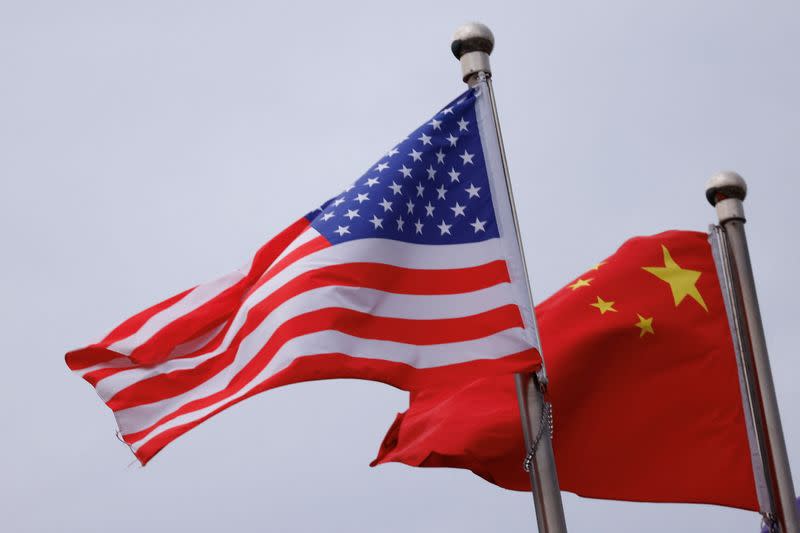
Head-of-state diplomacy plays an irreplaceable strategic guiding role in China–United States relations, Chinese Foreign Ministry spokesperson Lin Jian said on Thursday during a regular press briefing, when asked about high-level exchanges between the two sides.
Lin added that in a recent phone call, U.S. President Donald Trump once again expressed his intention to visit China in April, while Chinese President Xi Jinping reiterated his invitation.
Both sides remain in communication regarding the matter, the spokesperson said.
Lin noted that the essence of China–U.S. economic and trade ties lies in mutual benefit and win-win outcomes.
“Both parties should work together to implement the important consensus reached by the two heads of state, injecting greater certainty and stability into China–U.S. economic and trade cooperation, as well as into the global economy,” he said.
International
Trump administration to end special immigration operation in Minnesota
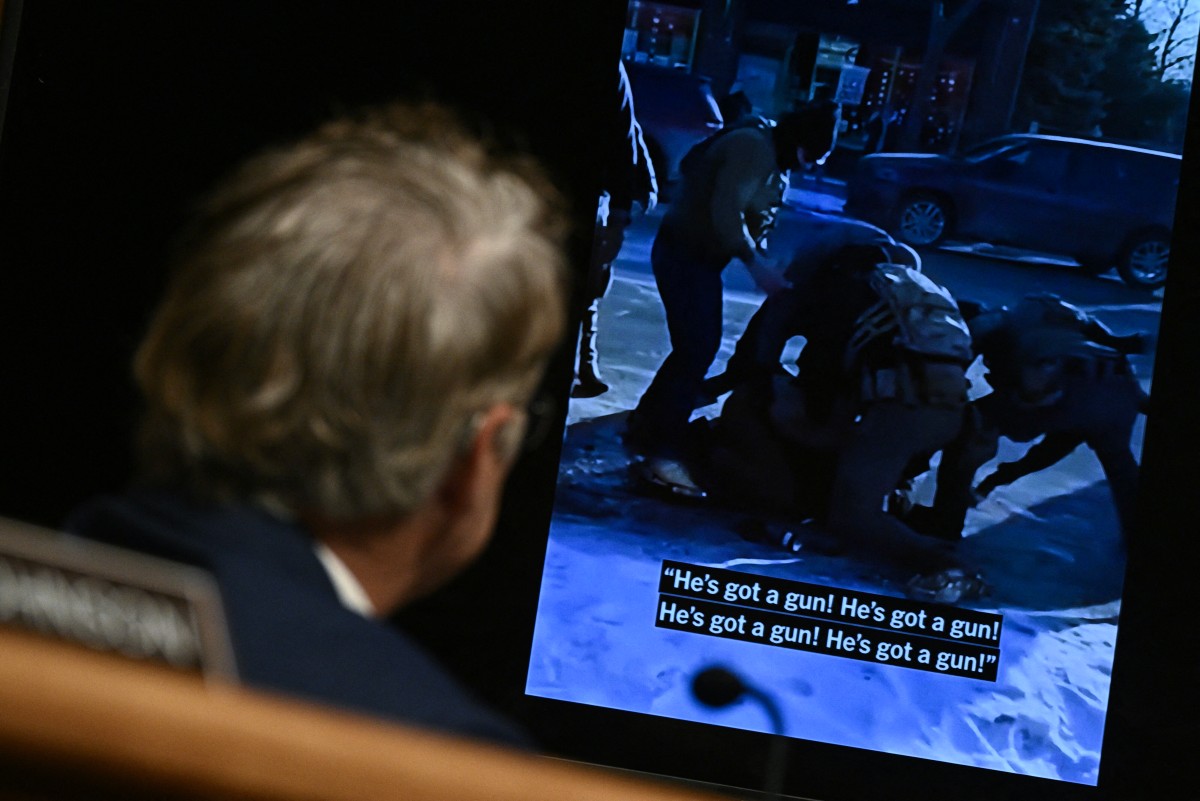
The administration of Donald Trump is bringing to a close its special operation targeting illegal immigration in the northern state of Minnesota, border czar Tom Homan announced Thursday, following weeks of unrest and the fatal shootings of two activists by federal agents.
Thousands of federal officers had been deployed to Minnesota in December to carry out large-scale raids against undocumented immigrants.
The operations triggered strong reactions from residents and advocacy groups, leading to daily confrontations and the deaths of two people who were shot by federal agents.
“I proposed, and President Trump agreed, that this special operation should end in Minnesota,” Homan said during a press conference in the state capital, Minneapolis.
“A significant drawdown began this week and will continue into next week,” he added.
Homan indicated that similar enforcement efforts could be launched in other cities.
“Next week we will redeploy the agents currently here back to their home stations or to other parts of the country where they are needed. But we will continue to enforce immigration laws,” he said.
-

 Central America4 days ago
Central America4 days agoGuatemala isolates Barrio 18 leader after attacks that killed 11 police
-

 International2 days ago
International2 days agoU.S. Health Department says CDC grants no longer match agency priorities
-

 International1 day ago
International1 day agoOver 50 Civil Groups Urge House to Impeach DHS Secretary Kristi Noem
-

 International2 days ago
International2 days agoICE Arrests Reach 379,000 Under Trump, Testimony Shows Amid Minnesota Shootings
-

 Central America1 day ago
Central America1 day agoGuatemala to Phase Out Longstanding Medical Cooperation Agreement with Cuba
-

 International2 days ago
International2 days agoDespite homicide drop, overall deadly violence remains high in Mexico: study
-

 International2 days ago
International2 days agoSheinbaum Urges Mexico to ‘Jealously’ Guard Sovereignty at Air Force Anniversary
-

 International2 days ago
International2 days agoMEPs Approve Plan That Could Fast-Track Rejection of Some Asylum Claims
-

 International2 days ago
International2 days agoJet Fuel Crisis Hits Cuba: Flights Disrupted, Air Canada Cancels Services
-

 International1 day ago
International1 day agoNew York’s New Archbishop Names Óscar Romero as His Favorite Saint
-

 International2 days ago
International2 days agoMexico Rises Slightly to 141st in Global Corruption Perceptions Index 2025
-

 International7 hours ago
International7 hours agoHead-of-state diplomacy key to guiding China–U.S. ties, Beijing says
-

 International7 hours ago
International7 hours agoTrump administration to end special immigration operation in Minnesota
-

 International7 hours ago
International7 hours agoFlorida judge sets 2027 trial in Trump’s $10 billion lawsuit against BBC
-

 International1 day ago
International1 day agoExclusive Tucson Neighborhood Shaken by Disappearance of Savannah Guthrie’s Mother
-

 International2 days ago
International2 days agoChile Unveils Latam-GPT to Give Latin America Its Own AI Model































